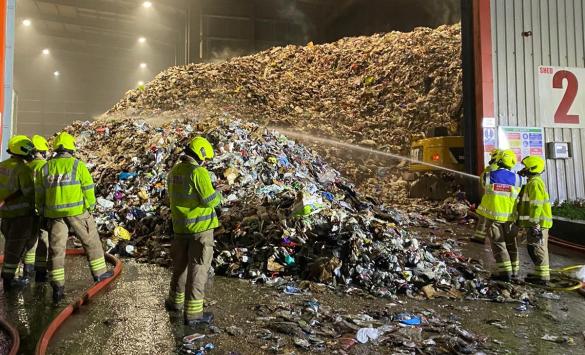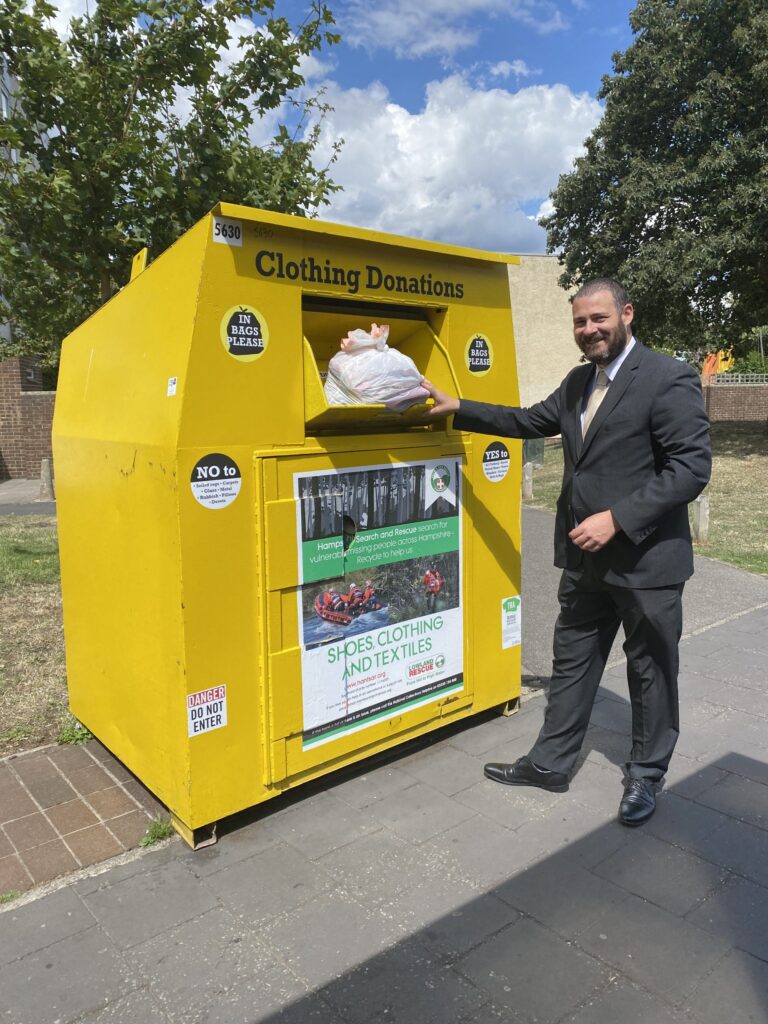A consultation paper will be issued early next year with the changes likely to come into force on January 1 2002, the date by which changes to Europe’s Hazardous Waste List should come into force.
A spokesman for the Department of the Environment, Transport and the Regions said that it is currently in discussion with other government departments about the content of the consultation paper.
But, on the list of possible changes are:
- replacing the domestic concept of “special waste” with the term “hazardous waste”, defined in accordance with the European Hazardous Waste Directive;
- removing the requirement for movements of special waste to be pre-notified to the Environment Agency;
- registration of hazardous waste producers
requiring hazardous waste producers to submit quarterly returns to the Agency, detailing waste consigned; - introducing scaled charges according to the amount of hazardous waste produced and whether it is recycled or sent for final disposal.
The Department, in evidence to the House of Commons sub-committee looking into delivering sustainable waste management
(sub-committee), says there are three drivers for the changes.
The first is that about 250 new entries to the European Commission’s hazardous waste list will need to be implemented in domestic legislation by January 1 2002. The effect of these changes will be to increase the scope of the Special Waste Regulations, although many of the wastes that will be considered hazardous for the first time at European level are already treated as “special” in the UK.
Second, the European Commission has recently sent an Article 226 letter to the UK, indicating that, in its opinion, the Special Waste Regulations do not fully implement the Hazardous Waste Directive in a number of respects. The DETR points out that the Commission has stated that the UK defines what is hazardous (special) waste incorrectly, because the UK applies thresholds for hazardous properties that must be exceeded for a waste to be special.
The third driver is an evaluation of the regulations carried out by Enviros Aspinwall. This found that there was a general consensus that the current regulations were too complex and that they did little to deliver strategic objectives, such as hazardous waste reduction.











Subscribe for free